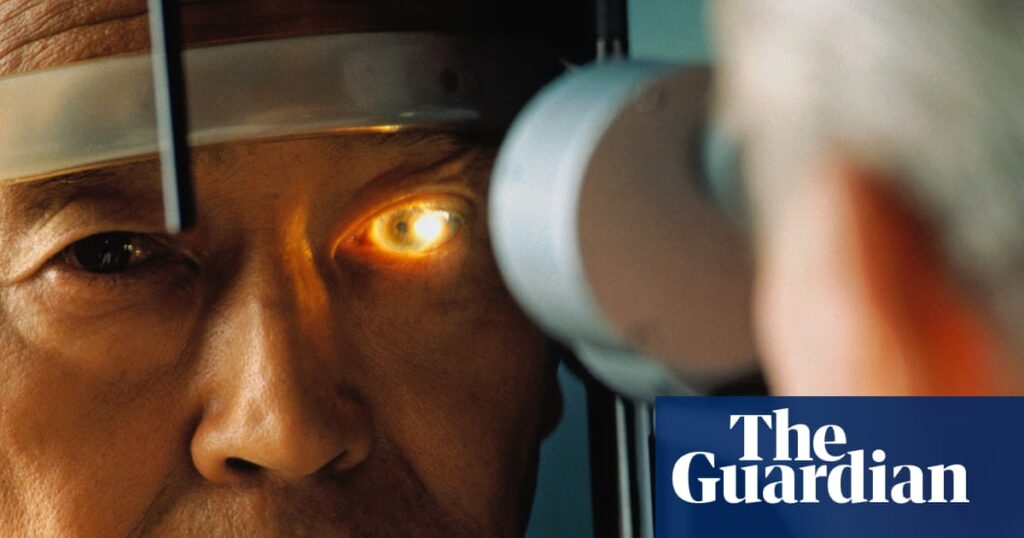Millions of people aged 50 or over in the UK are predicted to have undiagnosed sight or hearing problems, prompting calls for that age group to have checkups more regularly.
Doctors involved in the related research said the findings were “deeply concerning”, and warned that those affected were at risk of falls, mental ill-health and leading socially restricted lives.
Among those aged 50 or over in the UK, one in four – 6.7 million people – are thought to not be able to see clearly out of one or both eyes, according to the UK National Eye Health and Hearing Study.
The study, the first of its kind, also found that three in four older Britons – 20.3 million people – were likely to suffer from some form of hearing loss in one or both ears.
The research uncovered “widespread hidden sensory loss”, the sight and hearing experts involved in the study said, with many of those affected unaware of their condition.
“These figures are deeply concerning”, said Rupert Bourne, a professor of ophthalmology at Anglia Ruskin University and the study’s principal investigator.
“They show that sensory health is being overlooked, even among high-risk groups. We are missing critical opportunities to prevent avoidable sight and hearing loss.”
The study’s findings are based on the examination of more than 500 people aged 50 or over living at home or in care homes in Peterborough and Cambridgeshire.
If the same findings were seen in the UK population as whole, it would mean that:
-
6.7 million people in the UK aged 50 or over have trouble seeing out of one or both eyes
-
2.4 million of them are visually impaired in one eye
-
20.3 million people have some form of hearing loss in one or both ears
-
7.7 million people cannot hear clearly with both ears
“We are fortunate enough to live in a country that has a national health service which offers universal care, free at the point of delivery. Yet despite this, and free NHS eye tests from the age of 60, one in four of the over-50s have vision impairment in either or both eyes, much of which could have been prevented”, said Bourne.
The study uncovered significant “unmet need” for help with sight and hearing health. Many of those they examined said their hearing was better than tests showed it was, he added.
“We know from the study that lots of people have problems with hearing that they’re just not aware of”, said Dr Jameel Muzaffar, an ear, nose and throat consultant at University Hospital Birmingham NHS trust and co-author of the findings.
He and Bourne said the results were particularly worrying given the link between dementia and untreated sight or hearing problems.
Hearing loss and vision loss both increase the risk of dementia, according to the most recent findings from the Lancet medical journal’s commission on how to prevent the disease, which reported in July last year. It also identified depression, high blood pressure, air pollution and poor diet as other risk factors.
Sight loss is estimated to cost the UK £58bn a year in lost productivity and through the burden it places on the NHS, the wider care system, families and carers.
“The study’s findings highlight how many people are not attending for regular eye tests, where these eye conditions would be picked up, even though the over-60s are eligible for free NHS eye tests across the UK,” said Michael Bowen, the director of knowledge and research at the College of Optometrists.
The NHS should make much wider use of mobile diagnostic tests in non-hospital settings, such as health clinics and care homes, to identify and treat sensory impairment, the study’s authors say.

